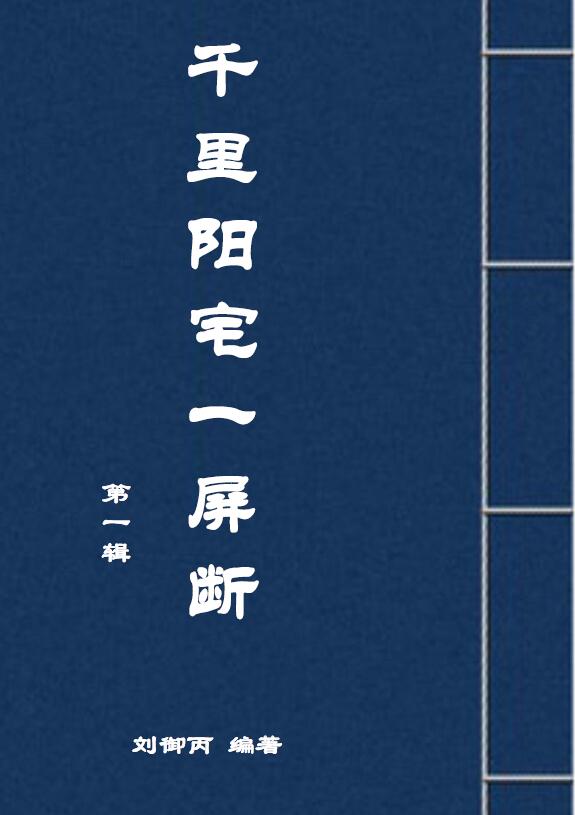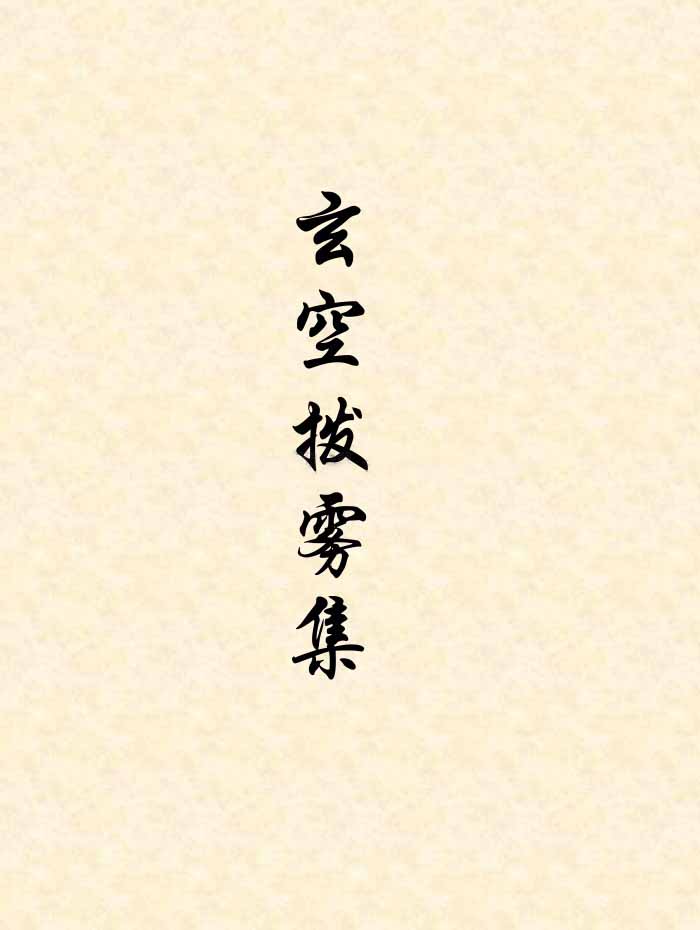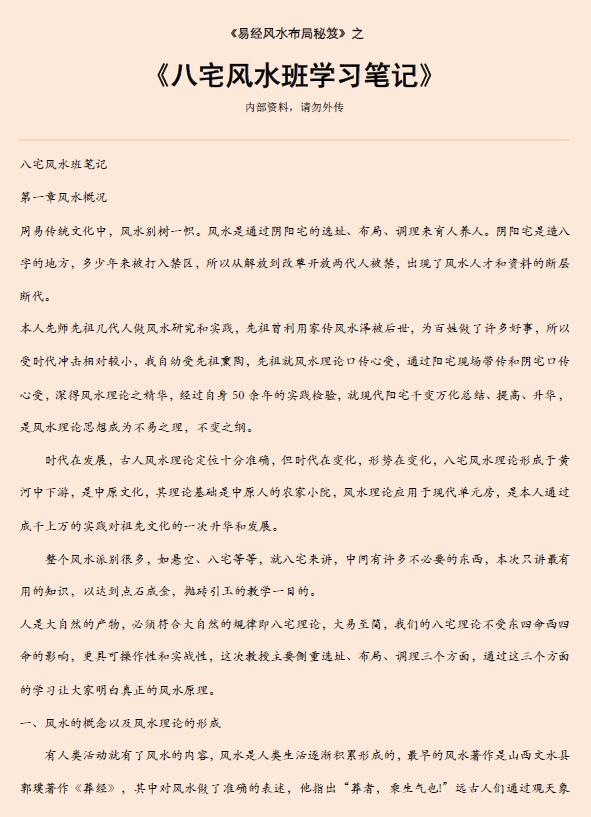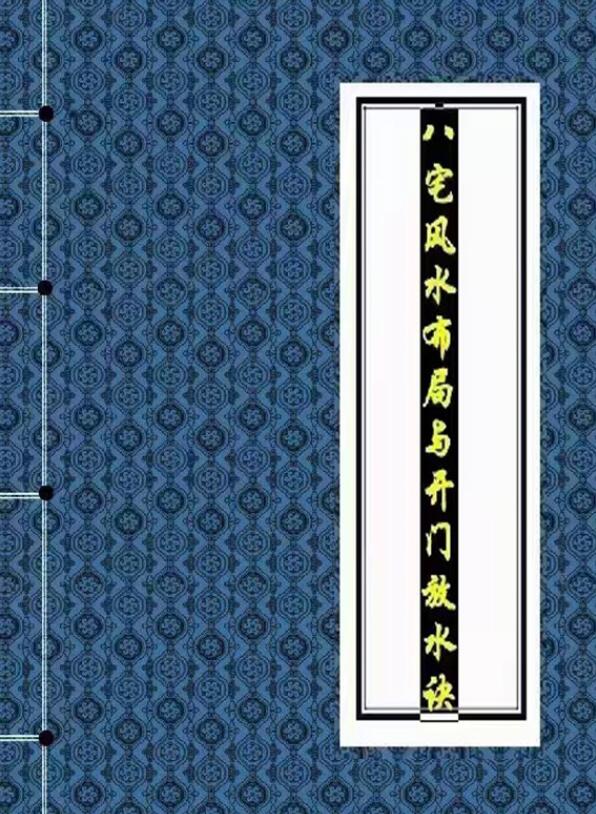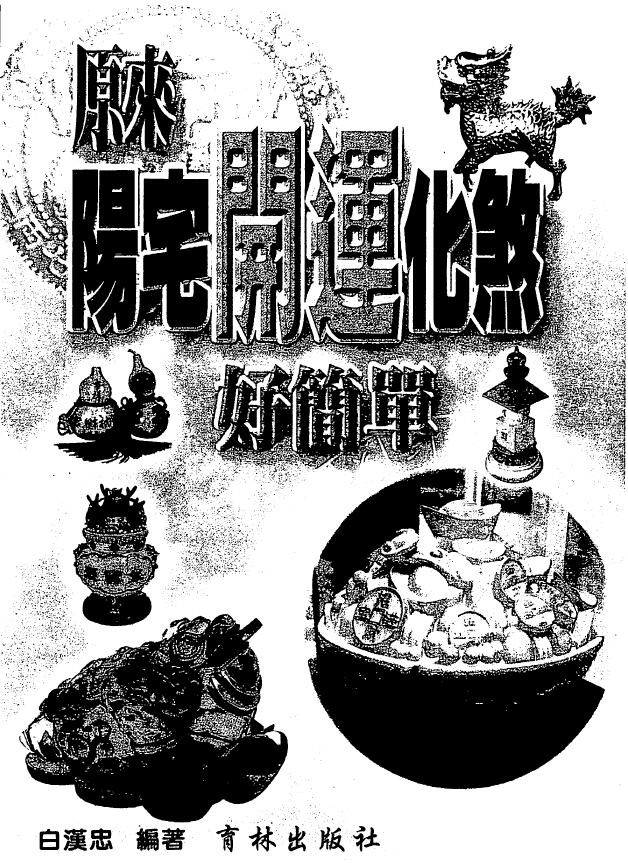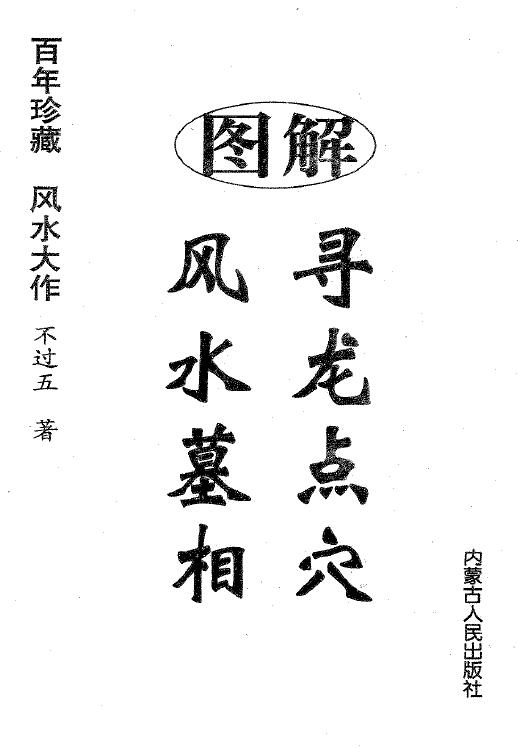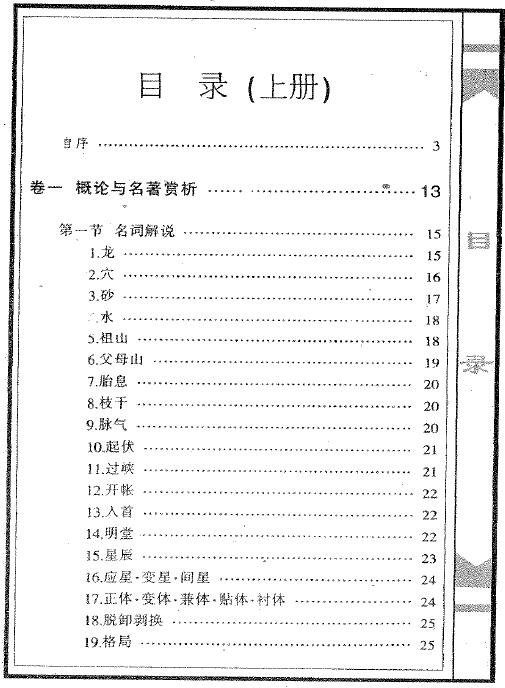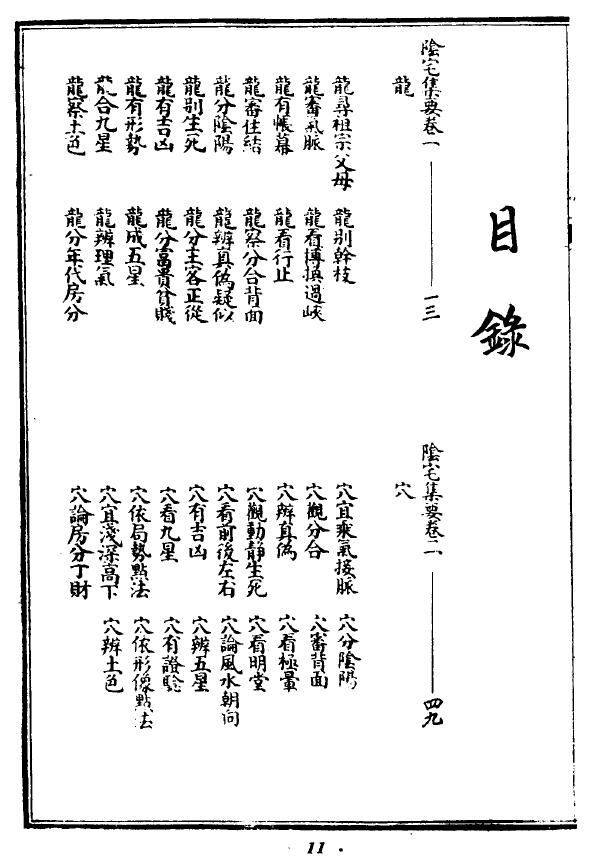(Jin) Guo Pu’s “Funeral Book” (HD text version)
(Jin) Guo Pu’s “Funeral Book” (HD text version) PDF e-book download. Introduction 1. “The Book of Burial” first puts forward the theory that Fengshui can take advantage of “angry”: the burial is the place to hide, and it is also possible to take advantage of the qi. The qi of yin and yang, when they groan, they become wind, when they rise, they become clouds, and when they fall, they become rain. 2. “Book of Burial” puts forward the theory of Tibetan wind and water: the law of geomantic omen, water is the first, and Tibetan wind is the second.
(Jin) Guo Pu’s “Funeral Book” (HD text version) PDF e-book download.
Introduction
First, “The Book of Burial” first puts forward the theory that Fengshui can take advantage of “angry”: the burial is the place to hide, and it can also take advantage of the breath. The qi of yin and yang, when they groan, they become wind, when they rise, they become clouds, and when they fall, they become rain. 2. “Book of Burial” puts forward the theory of storing wind and getting water: in the method of Feng Shui, getting water is the first, followed by Tibetan wind. When the qi is strong and popular, the rest is still there. Although it is scattered, the deep ones still gather together. The scriptures say: The external qi is rampant, and the internal qi is stopped. This is what I said. The scriptures say: Shallow and deep are multiplied, and Feng Shui is self-contained. 3. “The Book of Burial” puts forward the theory of Feng Shui “situation”. 4. “Book of Burial” puts forward the theory of “Four Gods” of geomantic omen on sand.
Brief introduction of the author
Guo Pu (276-324), courtesy name Jingchun. He was born in Wenxi County, Hedong County (now Wenxi, Shanxi). A famous writer, exegesis expert, Fengshui scholar in the Jin Dynasty, the son of Guo Yuan, the prefect of Jianping. Guo Pu has learned a lot since he was young, and he studied divination with Guo Gong of Hedong. During the Yongjia Rebellion, he went south to avoid the chaos, and was recruited by Yin You and Wang Daozheng, the prefects of Xuancheng, to join the army. During the reign of Emperor Jin Yuan, he paid homage to the author Zuo Lang, and co-authored “History of Jin” with Wang Yin. Later, he joined the army for the general Wang Dunji’s office. He used omens to dissuade Wang Dunmou and was killed instead. After Wang Dun’s rebellion was put down, he was given to the prefect of Hongnong as a posthumous gift. During the reign of Emperor Huizong of the Song Dynasty, he was conferred the title of Uncle Wen Xi, and during the reign of Emperor Shun of the Yuan Dynasty, he was granted the title of Marquis of Lingying. Guo Pu was the most famous alchemist in the Jin Dynasty. It is said that he was good at divination and many strange alchemists. He is fond of ancient prose, strange characters, proficient in astronomy, calendar calculation, divination, good at prose, especially famous for “Youxian Poetry”.
Some screenshots
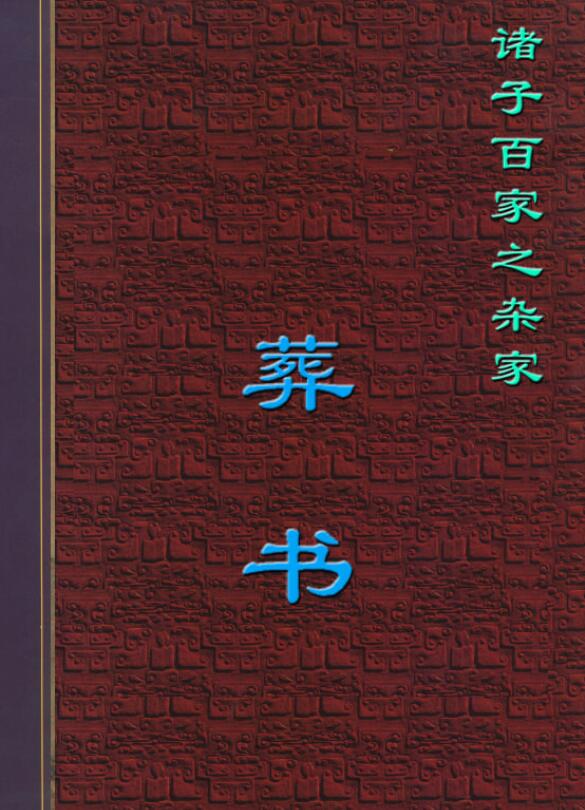
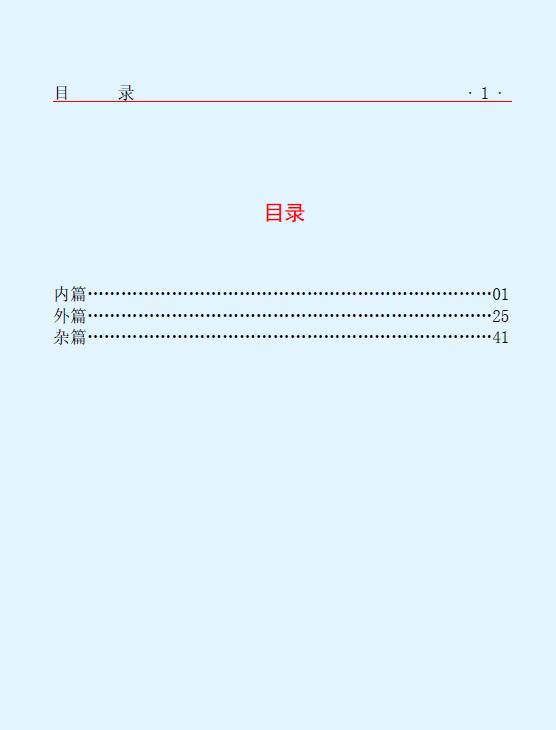
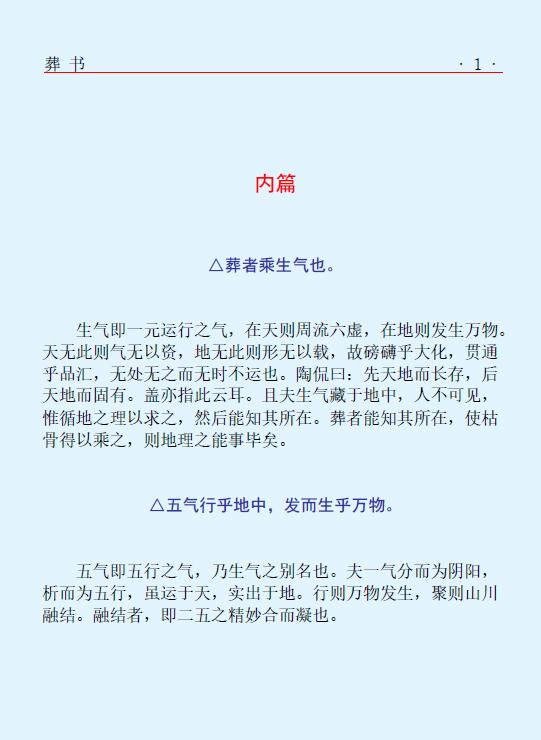
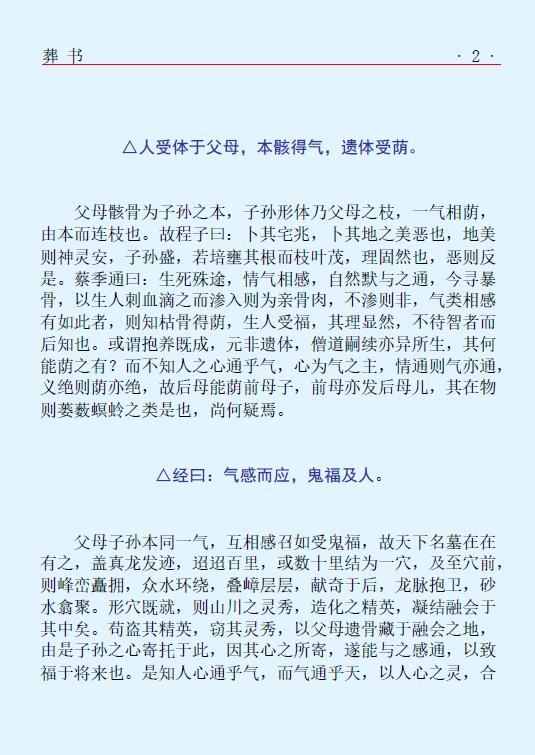
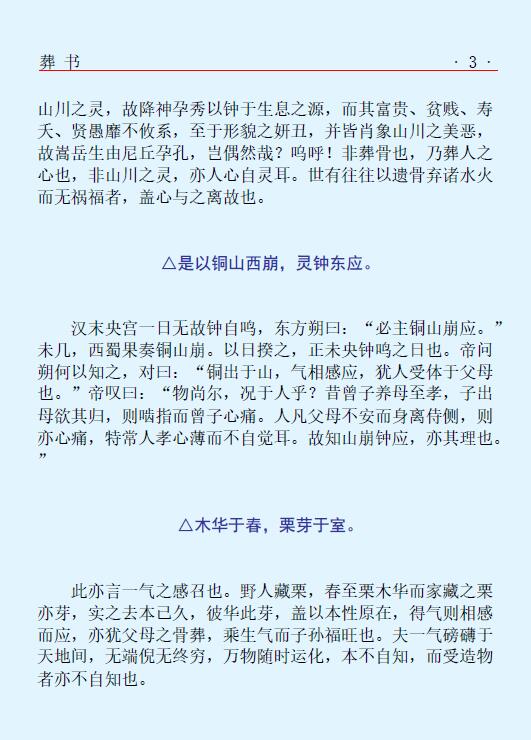
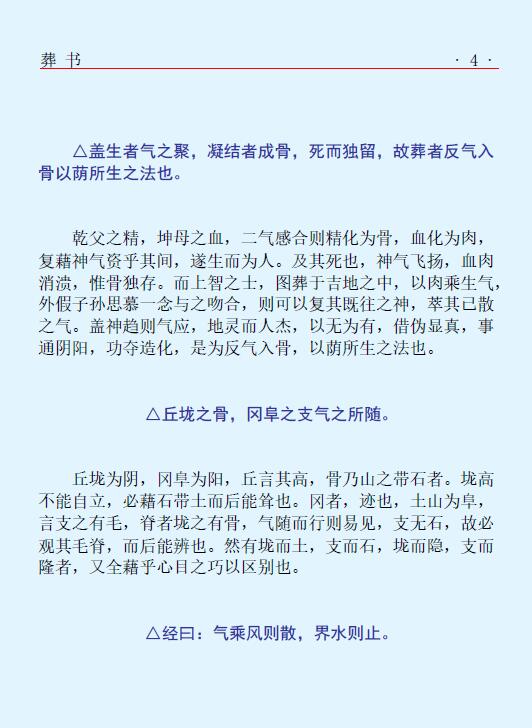
BOOK INFO:
- Publication Date: 未知
- Language: 中文
- Identifier: 内部视频
- Total Pages: 1
- File Type: PDF
Download Link:
Payment Method:
1、Open Tittle
2、Click to Pay New
3、Click on the material you want to buy
4、Click on "Payment Methods"
5、Click on the material you want to buy
6、Choose from one of your existing payment methods or add a new one
7、Complete purchase
NOTE: If you add a payment method when making a purchase, it will be saved in your account.
